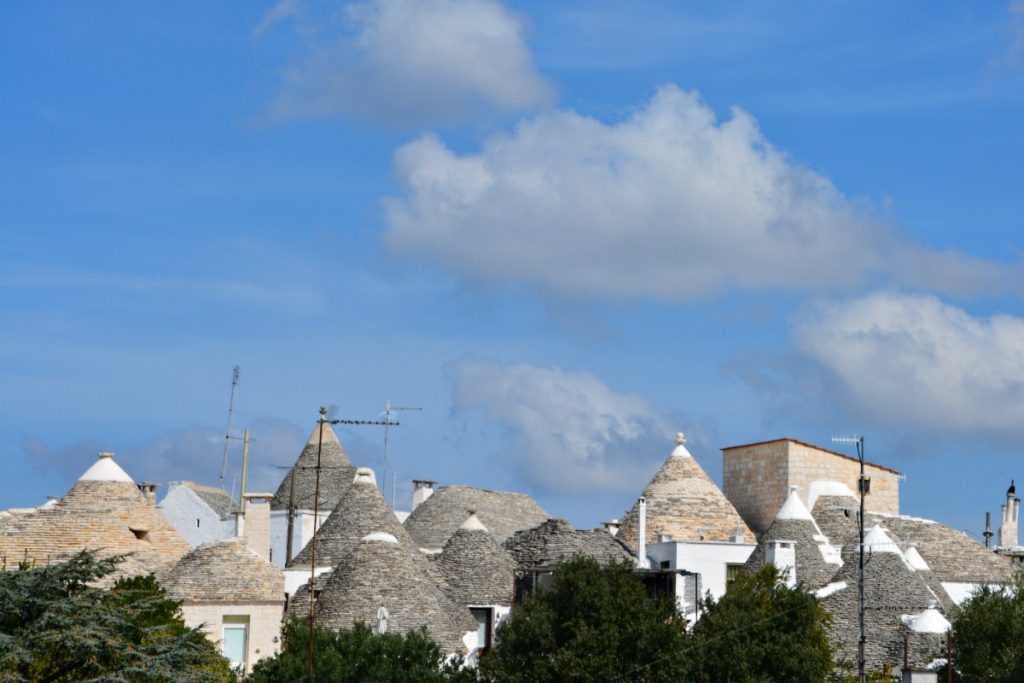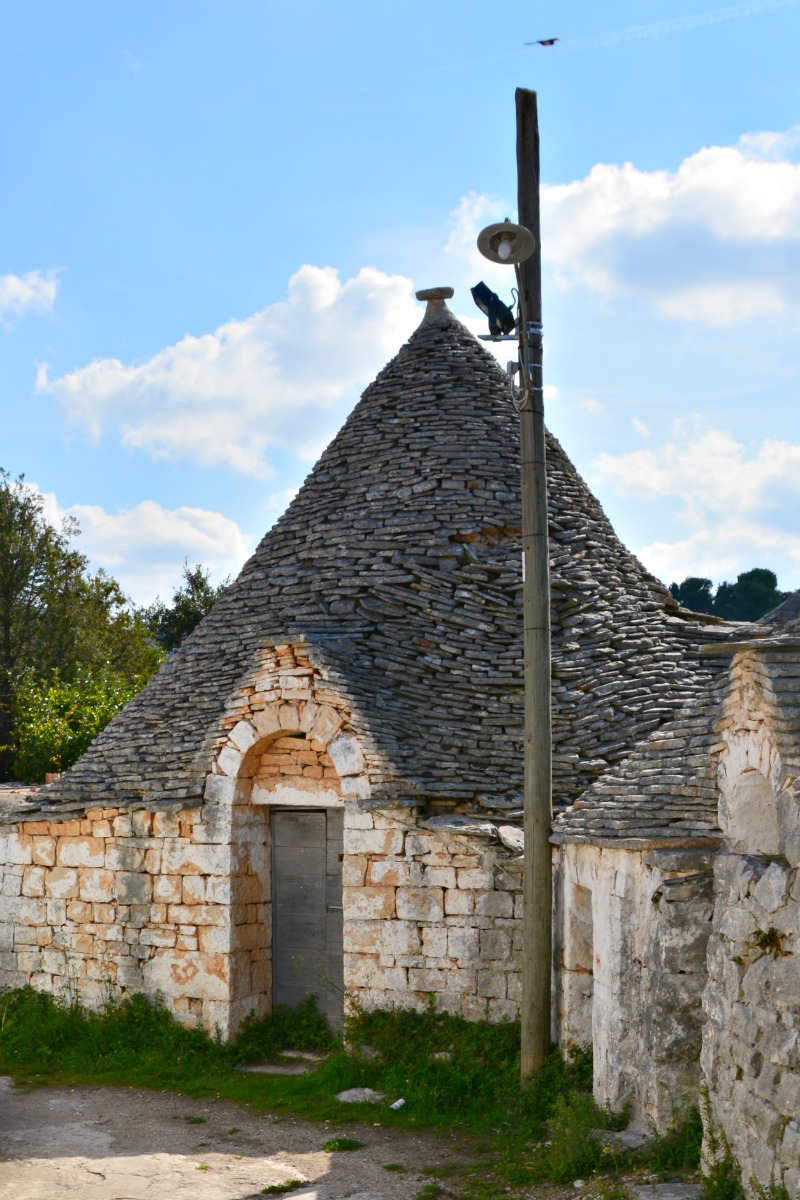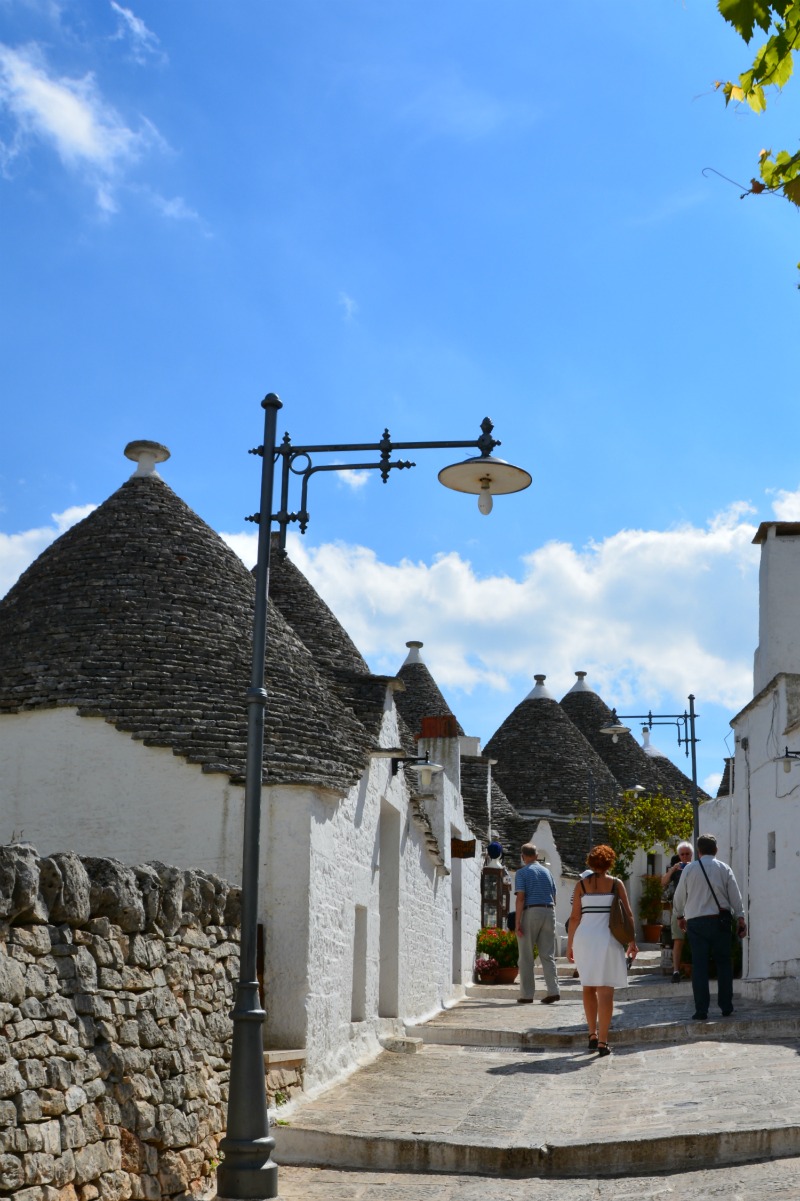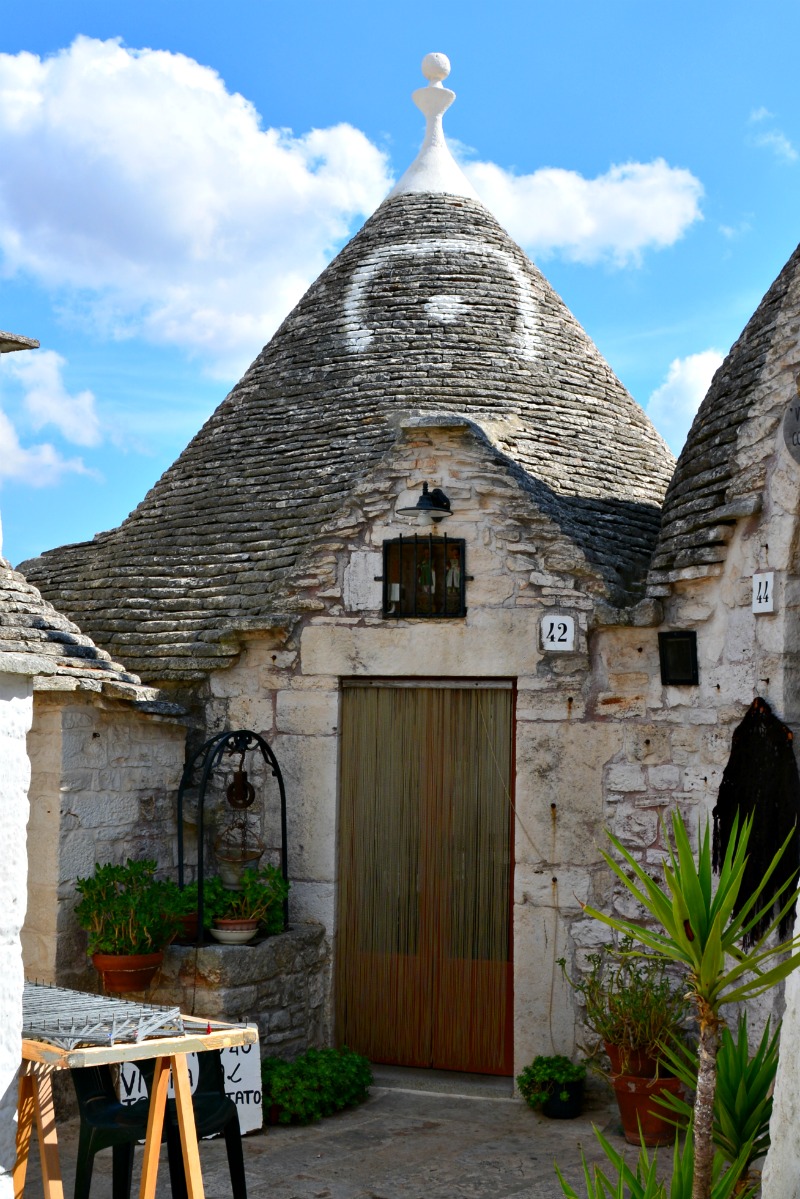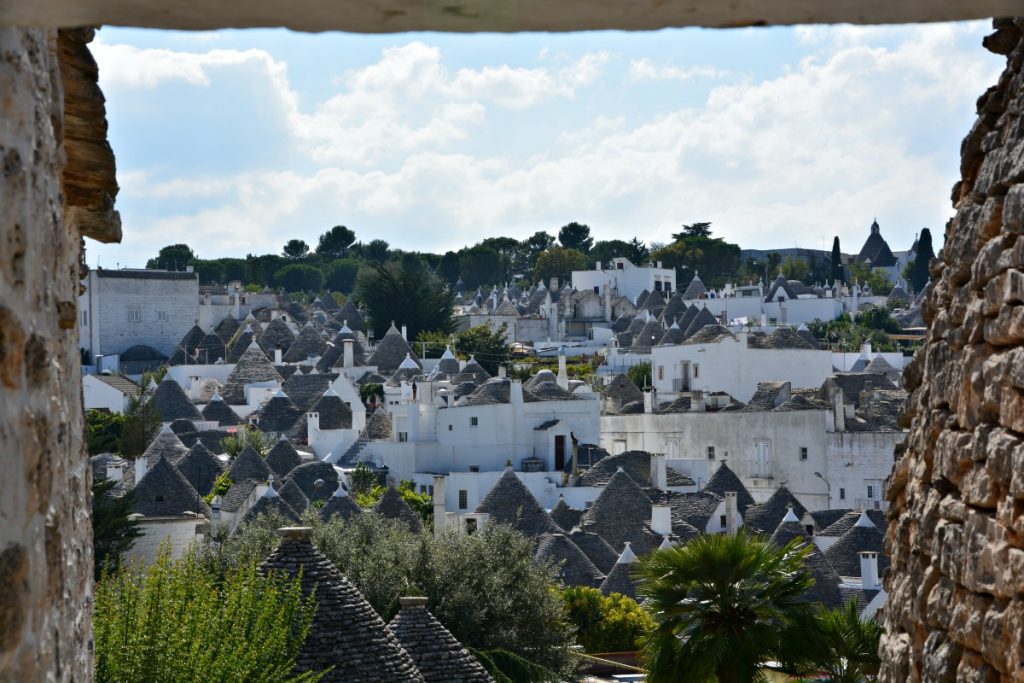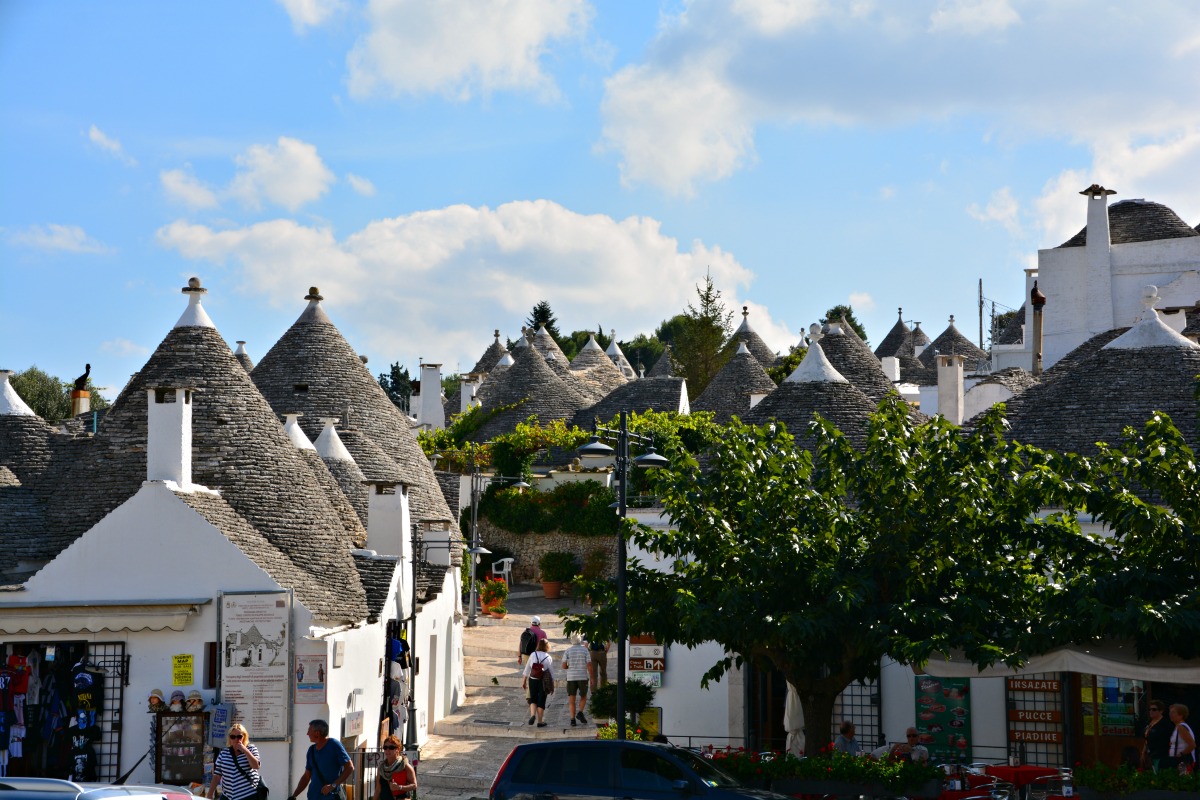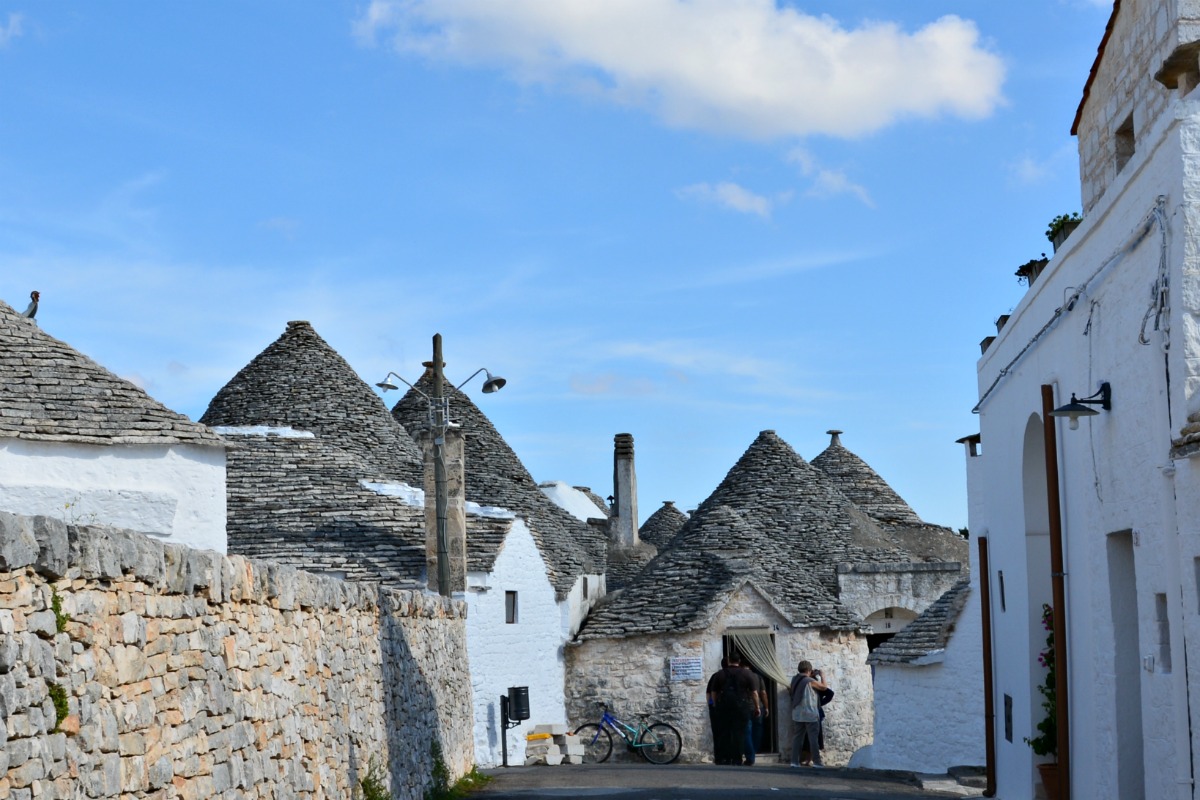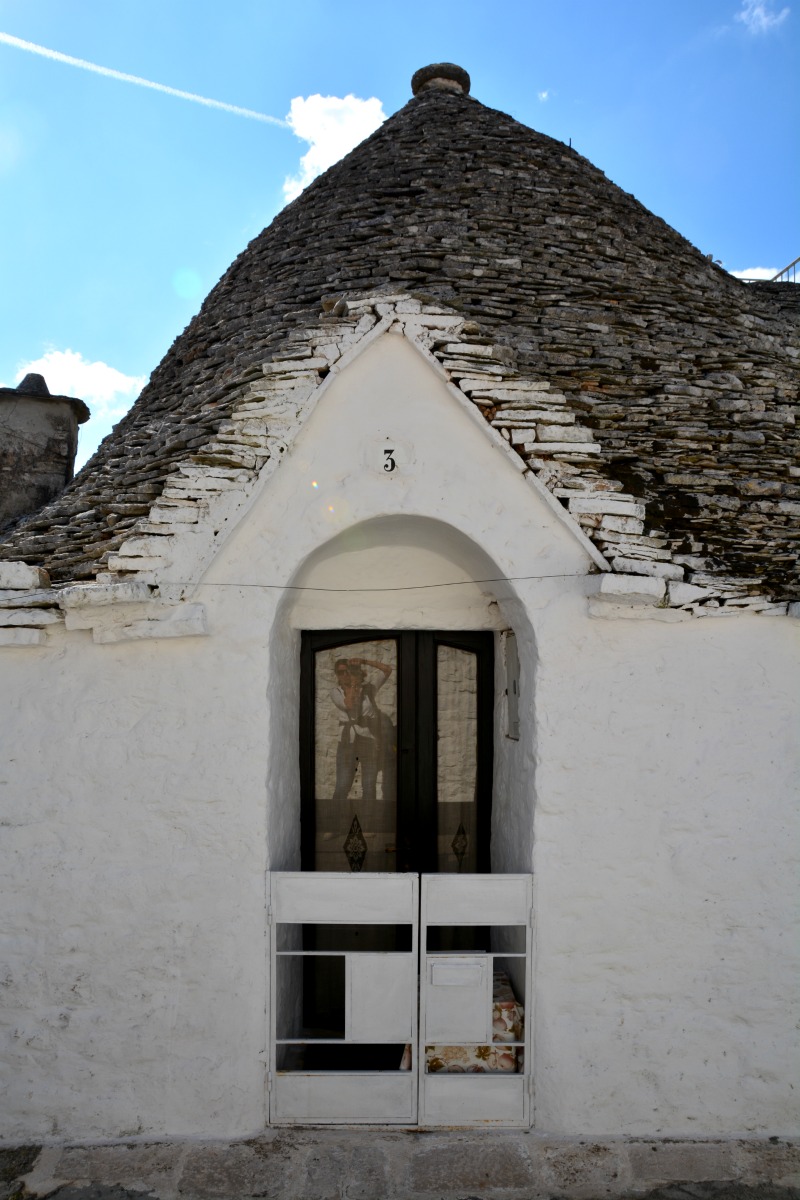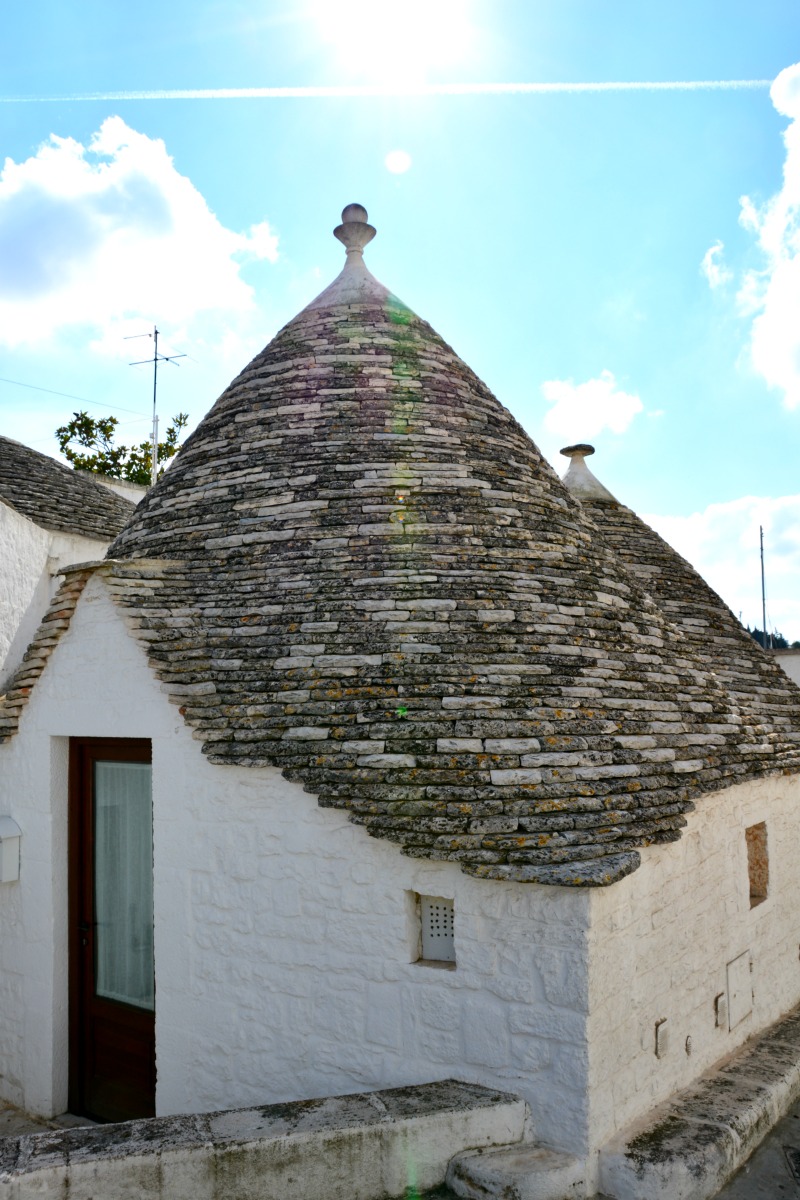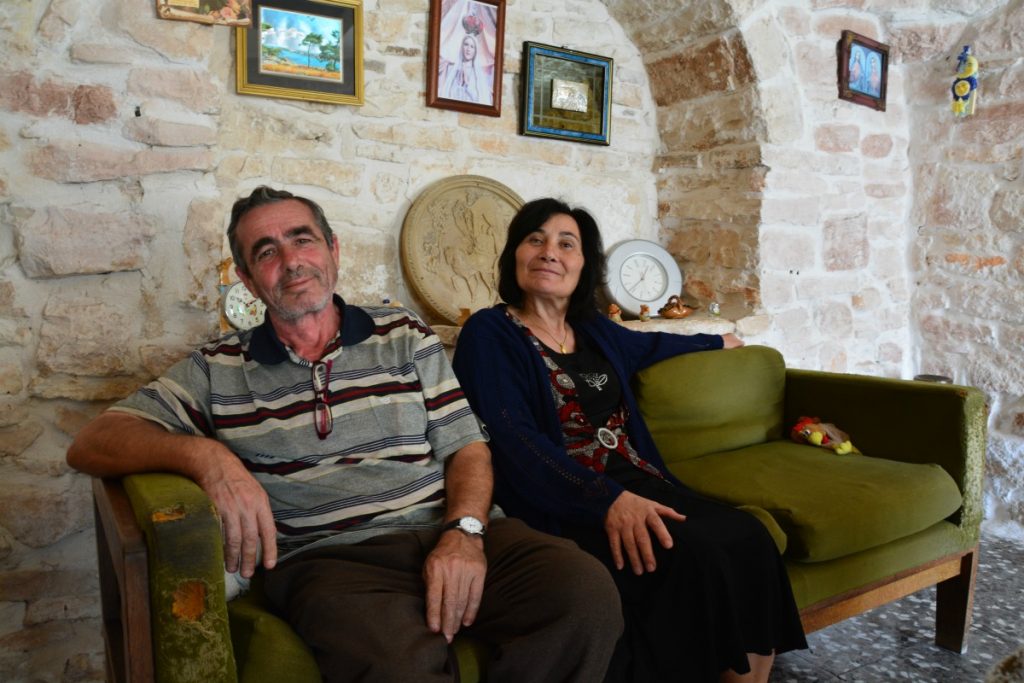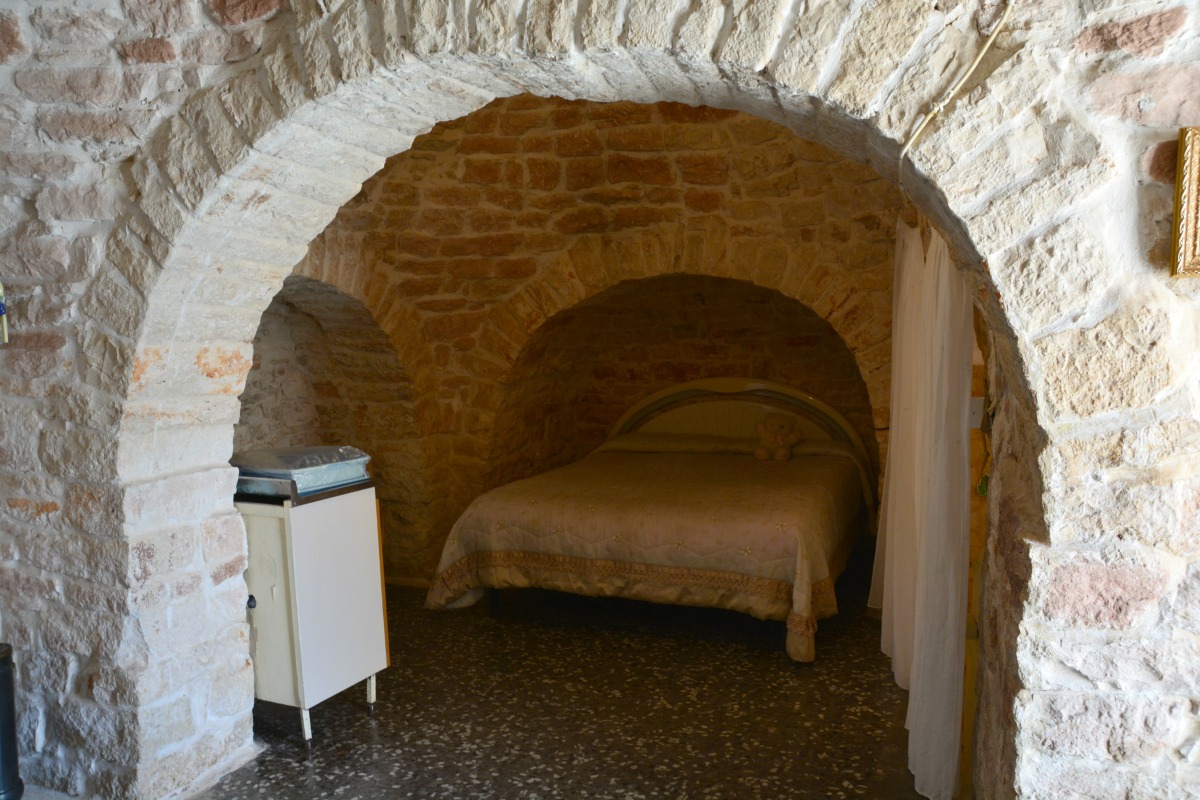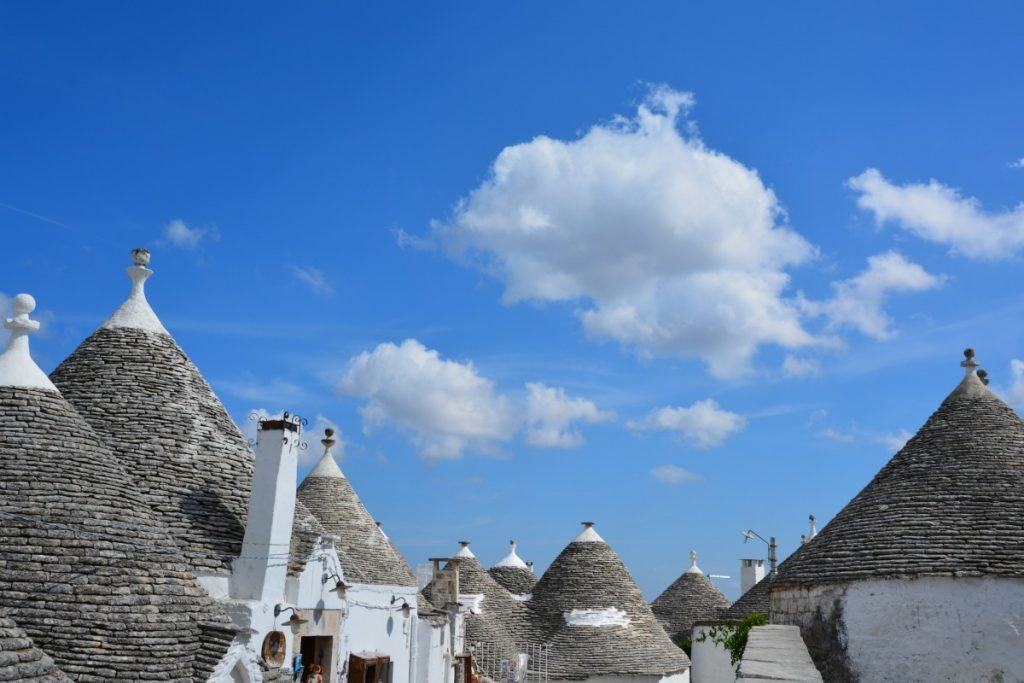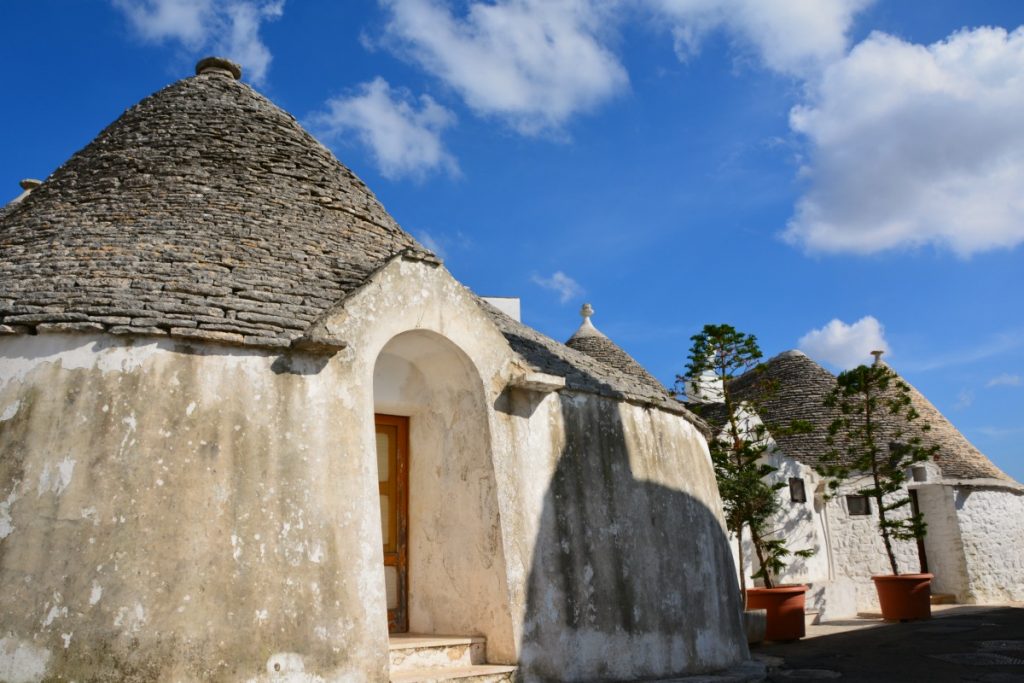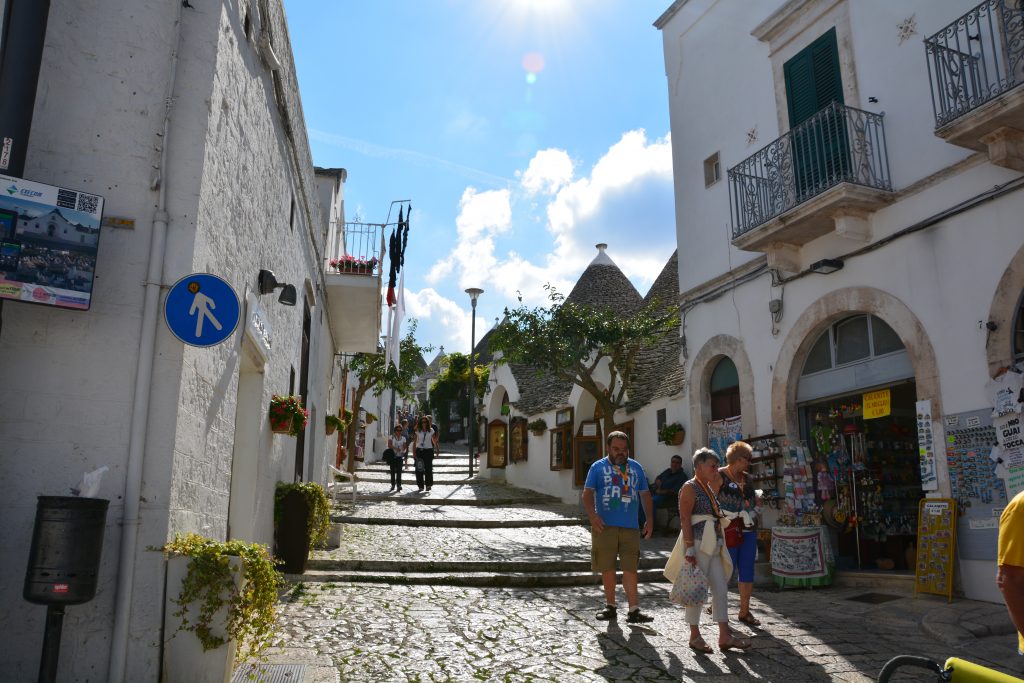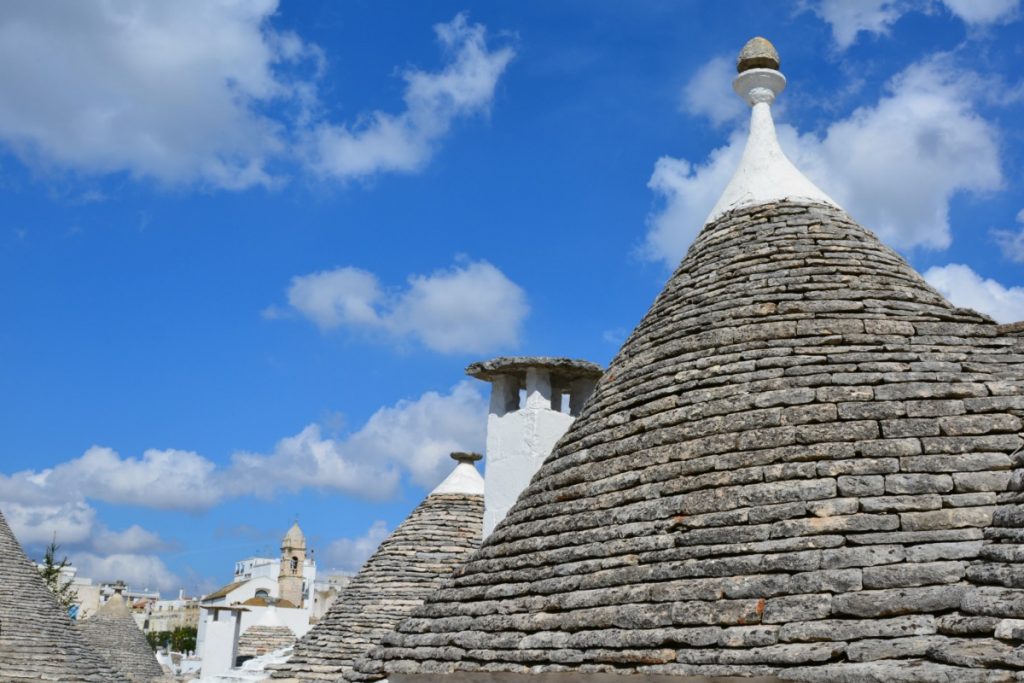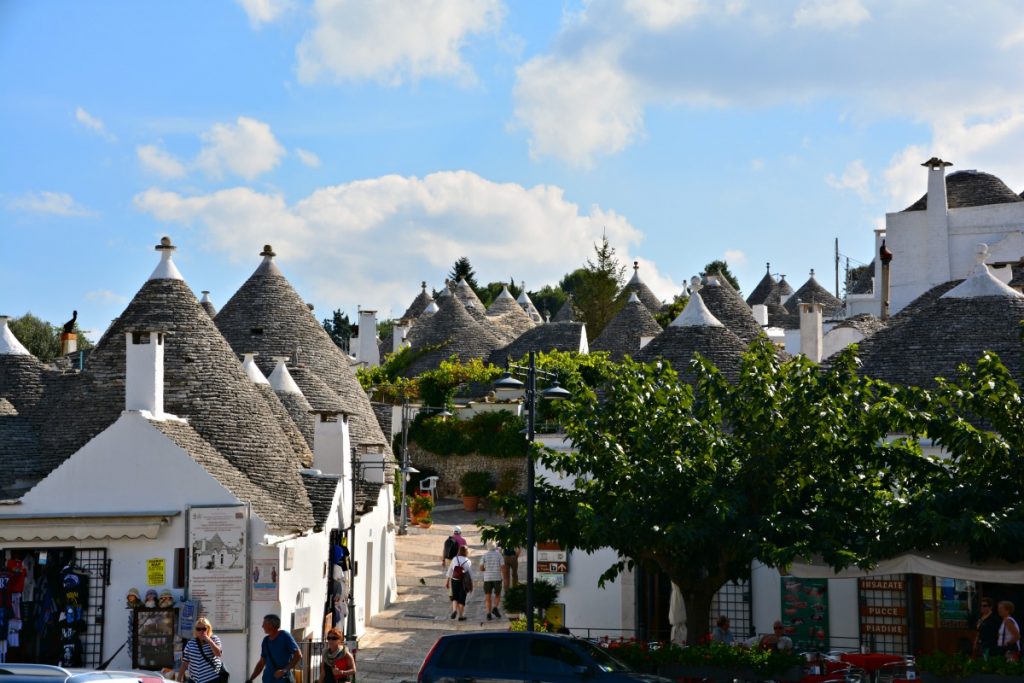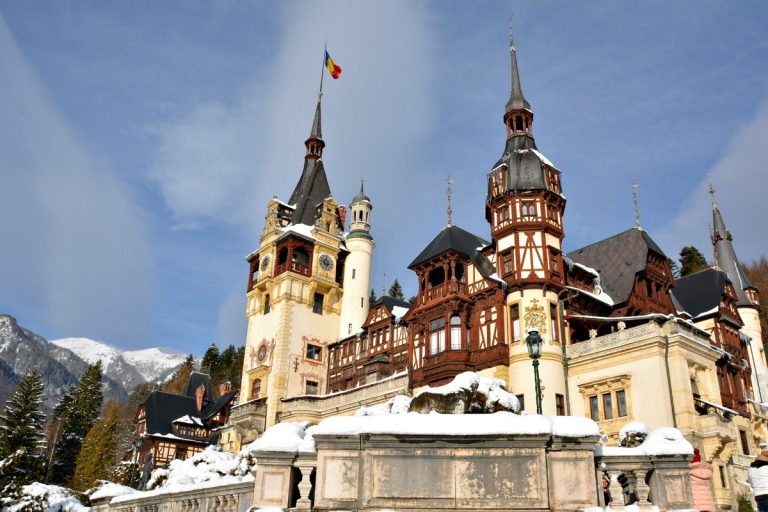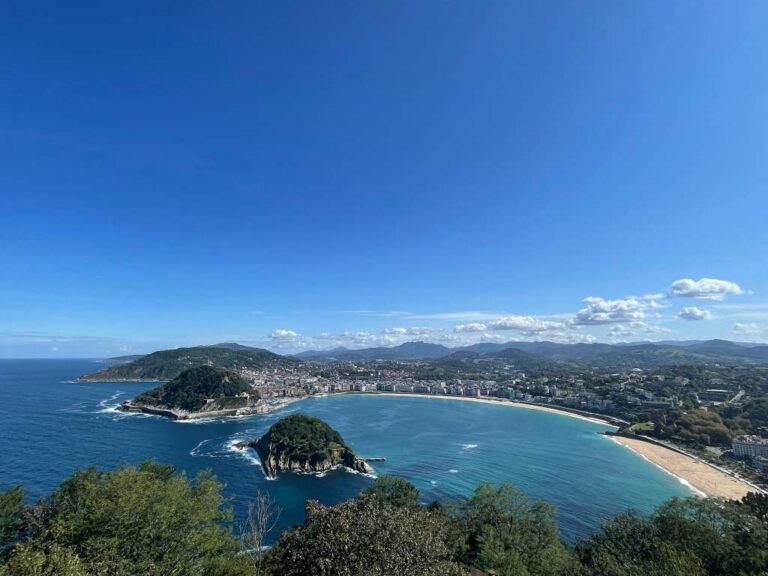Alberobello: Among the Trulli
Cone shaped structures fill the lanes of Alberobello, an eye-catching village that will have you wondering how and why such structures were even built in the first place.
Discover Alberobello Architecture
There’s not too many places you’d find yourself surrounded by historic homes that look somewhat like upside down ice cream cones. That’s what makes Alberobello so fascinating, its unique scene that is a mix of an imaginary world and Italian village charm.
Alberobello in Southern Italy
Located in the southern Italian region of Puglia, Alberobello seems to be well known by travelers. Who wouldn’t want to walk through these fantastic yet charmingly strange structures?
The buildings are actually lime and stone dwellings, a prime example of folk architecture in Italy. The Italian word for these homes is trulli. The word comes from the Greek word troulos which means dome.
Some trulli are brightly whitewashed while others look more worn down. Some don large white painted symbols on their domes. Each symbol has religious or superstitious significance. Some homes are quite large, a series of complexes crowned with conical roofs.
Why Cone Shaped Homes?
These cone homes came about as a way to avoid the tax man! Peasant workers would take them down at a moment’s notice so they could prove to governmental authorities that the village was an uninhabited settlement and therefore exempt from taxes. However, in 1797 things changed and the village was given a permanent standing.
Peek Inside the Trulli
Alberobello still has its share of full time residents. Here’s what the inside of one looks like, a home belonging to Giovanni and Maria.
Highlights of Alberobello
Monti
The Monti district has more than 1,000 trulli which are set apart by the following characteristics: of double facade, a low hearth and a lack of windows.
The House of Love
This building dates back to 1797 and it now houses the office of tourism.
Aja Piccola
A network of tiny streets and alleyways.
Trullo Sovrano
A museum stands in this trullo which features two levels.
Church of Saint Antonio
A landmark church famous for its monumental entrance and Greek cross plan.
I only had an afternoon to explore Alberobello and the trulli. Walking through the village, it easy to imagine how life must have been like centuries ago in such a closely built community – very close knit indeed.
Alberobello is a UNESCO World Heritage Site. If you love exploring European villages, this is a unique experience to mark down in your travel plans.
Have you ever been to Alberobello or are you planning to go?

